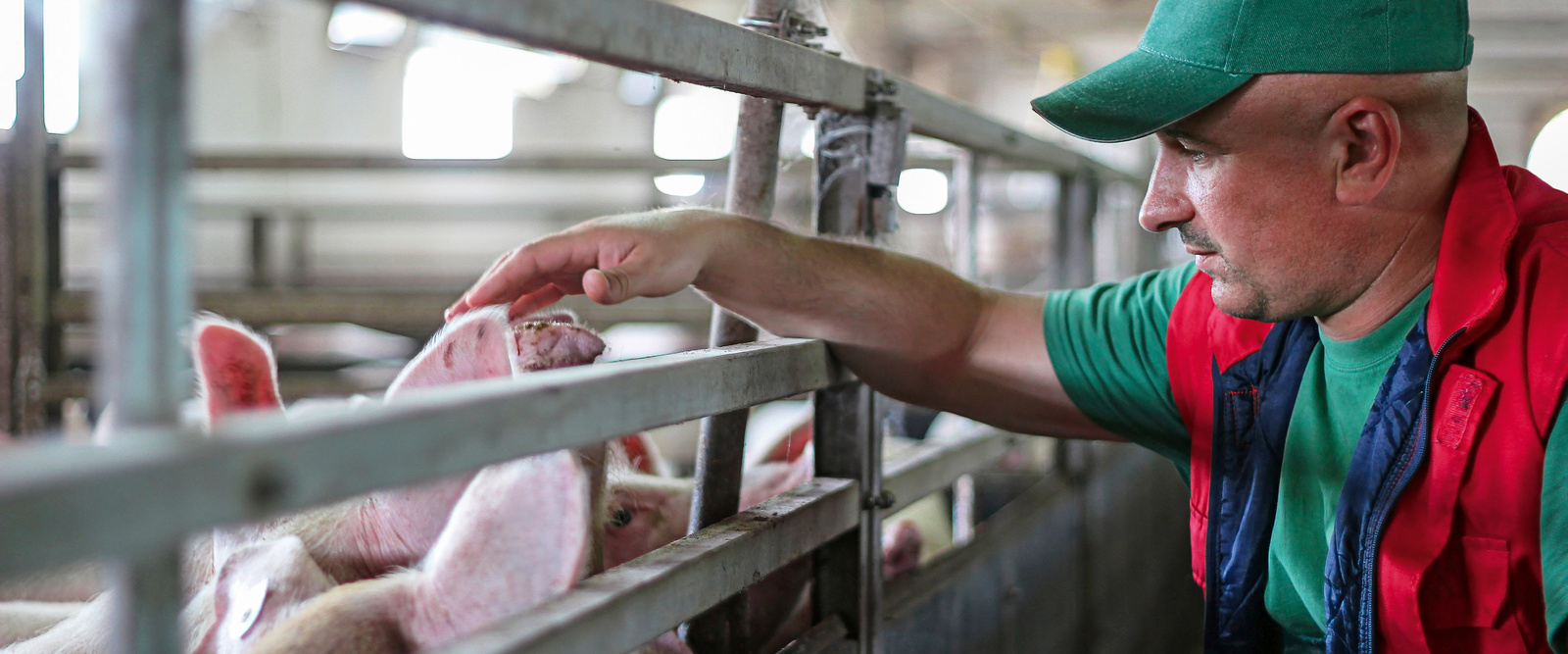Pig farming: This is important when it comes to Hygiene
A high standard of hygiene is essential for animal-friendly and economical piglet and pig husbandry. The correct procedure for disinfection and cleaning in pig farming and the right cleaning equipment help to prevent diseases and make a decisive contribution to biosecurity.

Pig farming: Protection Against Diseases
Regular cleaning and disinfection of the pigsty reduces the germ pressure and thus prevents diseases in the sty. At the same time, thorough hygiene in pig farming is an important part of preventing animal diseases such as African swine fever, which only affects wild and domestic pigs and is fatal to the animals.
Foot-and-mouth disease is also a highly contagious infectious disease which, if it breaks out, has serious economic consequences. To prevent this from happening in the first place, stables and all equipment and machines that the animals come into contact with must be professionally cleaned and disinfected.
Hygiene should also be taken into account when transporting pigs. Because only cleanliness at all stages ensures that the transmission of pathogens from animal to animal or to humans is prevented. This is supported by professional cleaning equipment and routines, with which high cleanliness standards can be maintained and the probability of an outbreak of an epidemic can be reduced.
Pig farming: economic attitude
Disease prevention also contributes to the economic success of pig farming. For example, using less medication reduces veterinary costs – and this increases the contribution margin. At the same time, thorough and regular silo cleaning should not be lost sight of. If deposits from leftover feed and mold get into the feed, this leads to significant performance losses and health problems in the animals.
The economic losses can be immense if the hygiene risk is not localized and eliminated. In pig farming, consistent control and cleaning ensure that such problems do not occur in the first place and that animal health is maintained. Because a healthier animal population leads to an overall improvement in animal welfare and higher daily weight gain.













